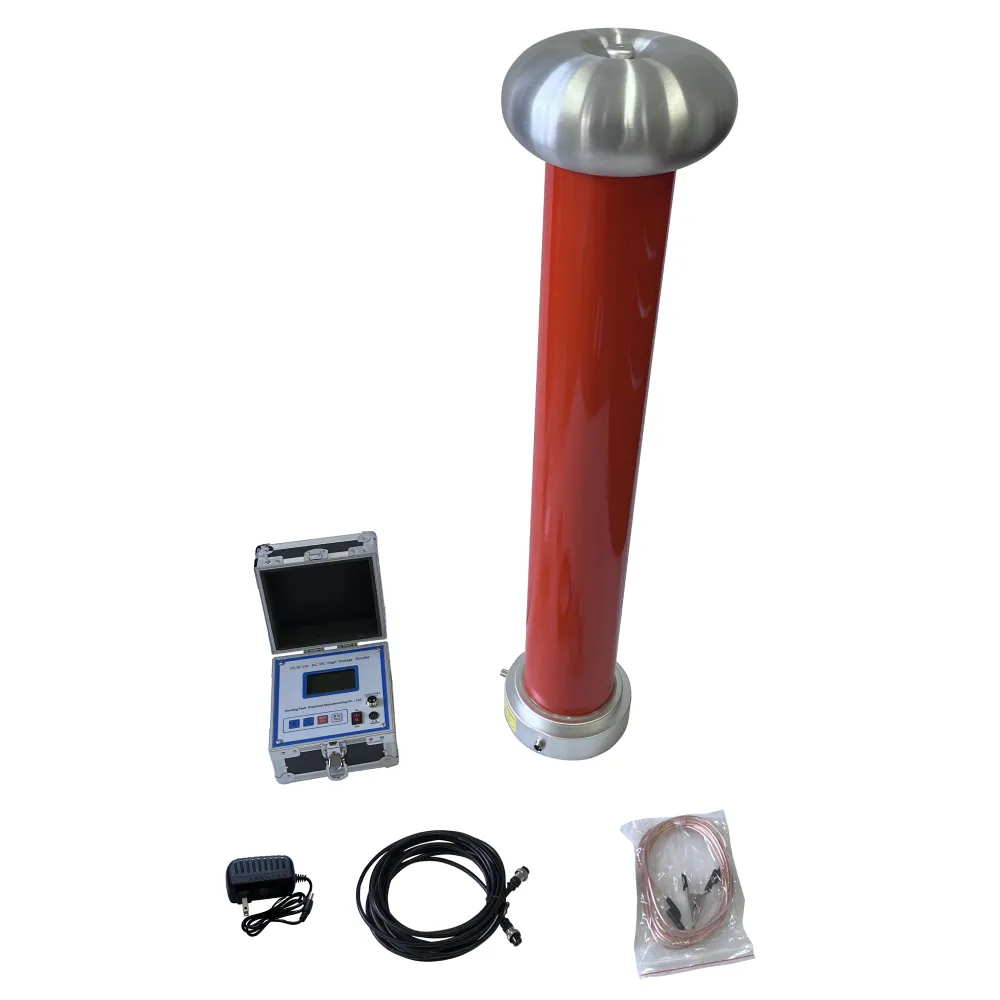 English
English


Understanding the Importance of Car Engine Oil Analysis for Optimal Vehicle Performance and Maintenance
Understanding Car Engine Oil Analysis
Car engine oil analysis is an essential process that provides vehicle owners and mechanics with crucial insights into the health and performance of an engine. This analysis involves examining the engine oil to assess its quality, composition, and the condition of the engine itself. Through regular oil analysis, drivers can ensure their vehicles run efficiently, prolong engine life, and avoid costly repairs.
What is Engine Oil Analysis?
Engine oil analysis is a laboratory process that tests used engine oil samples to detect the presence of various contaminants and to assess the oil's condition. Typically, samples are collected during routine oil changes or at specific intervals, depending on the vehicle's usage and maintenance schedule. These samples are then sent to a specialized lab where technicians conduct a series of tests to analyze properties such as viscosity, acidity, and the concentration of wear metals.
Key Benefits of Engine Oil Analysis
1. Identifying Contaminants Over time, engine oil can accumulate contaminants such as dirt, soot, fuel, and water. These foreign substances can lead to increased engine wear and reduced performance. An oil analysis can detect these contaminants early, allowing for timely maintenance and clean-up to avoid engine damage.
2. Monitoring Wear Metals The presence of metals like iron, aluminum, and copper in oil samples can indicate wear within engine components. By tracking the concentration of these metals over time, mechanics can identify specific issues such as bearing wear, piston ring degradation, or valve guide wear. This proactive monitoring allows for adjustments or repairs before catastrophic failure occurs.
3. Evaluating Oil Condition Engine oil has specific properties that can degrade over time, such as viscosity and total base number (TBN). An oil analysis measures these properties to determine whether an oil change is necessary. Maintaining optimal oil condition is crucial for ensuring proper lubrication and protecting engine components.
4. Preventing Major Repairs By conducting regular oil analyses, vehicle owners can catch potential issues early and take corrective action. This preventive approach not only extends the life of the engine but also reduces the likelihood of expensive emergency repairs, keeping maintenance costs manageable.
5. Optimizing Maintenance Schedules For fleet operators or high-mileage vehicles, understanding oil performance can help optimize maintenance schedules. Rather than sticking to arbitrary service intervals, oil analysis allows for data-driven maintenance, thus improving efficiency and minimizing downtime.
car engine oil analysis

How to Perform an Engine Oil Analysis
Performing an engine oil analysis is a straightforward process
. Here are the steps typically involved1. Sample Collection Gather oil samples from the engine. It is recommended to take samples when the oil is warm, as this helps to collect an accurate representation of the oil's condition.
2. Labeling Clearly label the sample container with information such as the vehicle make, model, mileage, and the date when the sample was collected. This helps in tracking trends over time.
3. Sending the Sample Send the labeled sample to a reputable laboratory specializing in oil analysis. Some companies offer mail-in kits specifically designed for oil testing.
4. Interpreting Results Once the analysis is complete, the lab will provide a report detailing the findings. Understanding and interpreting these results is vital. Many labs offer consultation services to discuss the implications of the data.
5. Taking Action Based on the analysis, you can determine whether an oil change is necessary, if additional maintenance is required, or if your engine is operating as it should.
Conclusion
Car engine oil analysis is an invaluable tool for maintaining vehicle performance and health. By routinely analyzing engine oil, drivers can prevent expensive repairs, improve engine efficiency, and extend the lifespan of their vehicles. With this proactive approach, vehicle owners can ensure their engines run smoothly and remain reliable for years to come. Regular oil analysis is not just a maintenance check; it’s a smart investment in the longevity and performance of your vehicle.
-
Differences between open cup flash point tester and closed cup flash point testerNewsOct.31,2024
-
The Reliable Load Tap ChangerNewsOct.23,2024
-
The Essential Guide to Hipot TestersNewsOct.23,2024
-
The Digital Insulation TesterNewsOct.23,2024
-
The Best Earth Loop Impedance Tester for SaleNewsOct.23,2024
-
Tan Delta Tester--The Essential Tool for Electrical Insulation TestingNewsOct.23,2024





